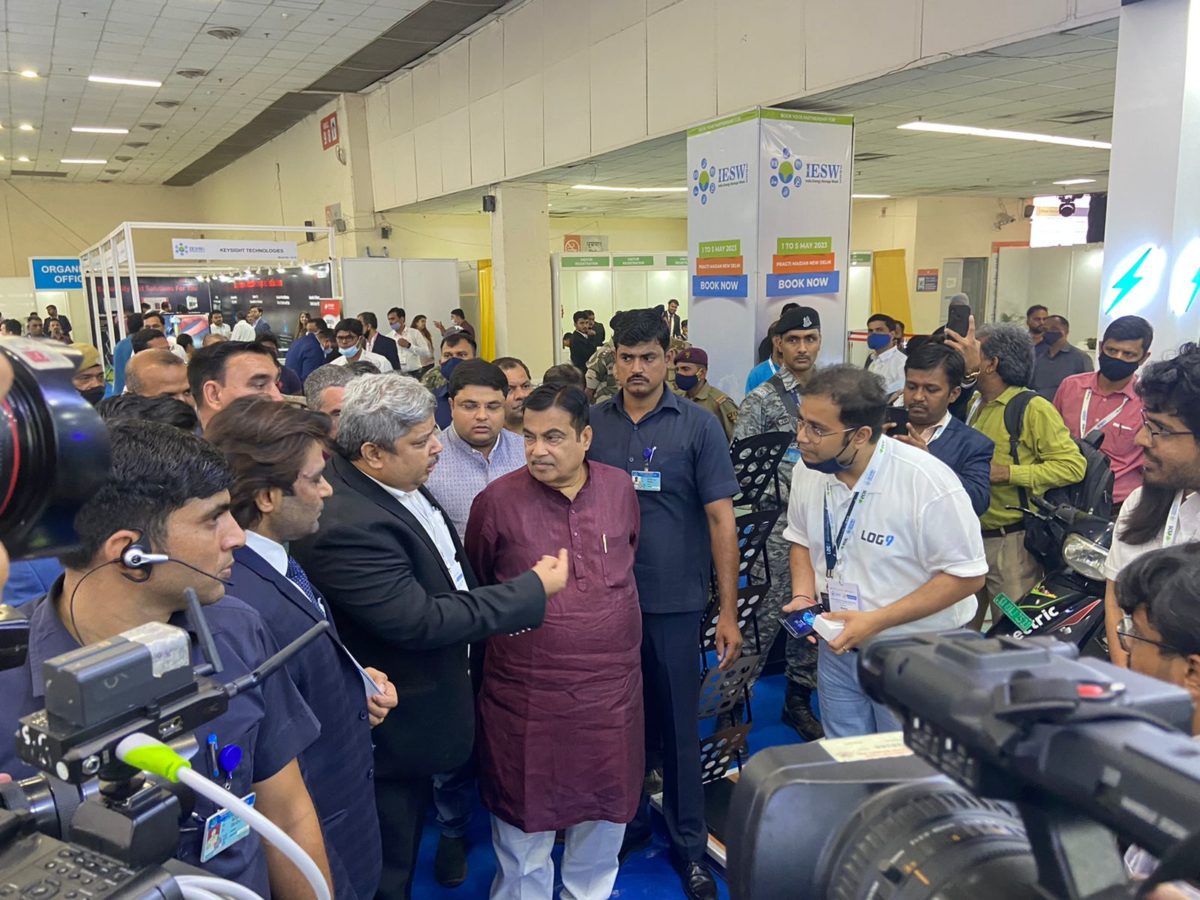Nitin Gadkari, India’s minister of road transport and highways, has called for the development of appropriate battery storage chemistries for specific Indian conditions. He said manufacturers and developers need to consider economic and social factors, including the availability and cost of raw materials, while also stressing the need for battery standardization.
Annual battery demand in India could rise to 260 GWh by 2030, said the minister.
“Lithium-ion is an important battery chemistry, but it needs more research, especially considering the recent fire incidences,” he said at the 8th edition of India Energy Storage Week (IESW) 2022, which kicked off this week in New Delhi.
Vikram Handa, managing director of Maharashtra-based Epsilon Materials, said energy is a significant part of the battery cost structure. And India is very well positioned to develop the battery supply chain, owing to its advantage in one of the key raw materials: renewable power.
“A 30 GWh NCM li-ion factory consumes 80,000 tonnes of flake graphite, 45,000 tonnes of synthetic graphite, 25,000 tonnes of lithium, 6,000 tonnes of cobalt, and 19,000 tonnes of nickel annually. But it’s interesting to understand that the biggest contributor to the cost of a battery cell is not the raw materials, but energy,” said Handa.
Epsilon Carbon is a coal tar derivatives company that announced its foray into the lithium-ion battery materials business last year with the commissioning of a facility to produce 5000 tonnes of synthetic graphite anode materials per year. The company plans to triple this unit capacity to 15,000 tonnes in 2021 and further expand to 50,000 tonnes per annum by 2025.
Neogen, another company from Maharashtra, focuses on electrolyte salt manufacturing, customized electrolytes, and lithium ferro phosphate (LFP) cathode materials.
“With its own salt manufacturing, Neogen can increase value addition and reduce supply chain complexity for electrolyte supply,” said Harin Kanani, managing director of Neogen Chemicals, a company specializing in bromine-based compounds and inorganic lithium salts.
The India Energy Storage Alliance forecasts that the Indian energy storage industry will grow at around 24% per year, primarily driven by demand from the electric mobility sector. It expects the Indian electric vehicle industry to expand at 36% per year until 2026. The EV battery market is expected to increase by 30% per year during the forecast period.
This content is protected by copyright and may not be reused. If you want to cooperate with us and would like to reuse some of our content, please contact: editors@pv-magazine.com.









By submitting this form you agree to pv magazine using your data for the purposes of publishing your comment.
Your personal data will only be disclosed or otherwise transmitted to third parties for the purposes of spam filtering or if this is necessary for technical maintenance of the website. Any other transfer to third parties will not take place unless this is justified on the basis of applicable data protection regulations or if pv magazine is legally obliged to do so.
You may revoke this consent at any time with effect for the future, in which case your personal data will be deleted immediately. Otherwise, your data will be deleted if pv magazine has processed your request or the purpose of data storage is fulfilled.
Further information on data privacy can be found in our Data Protection Policy.